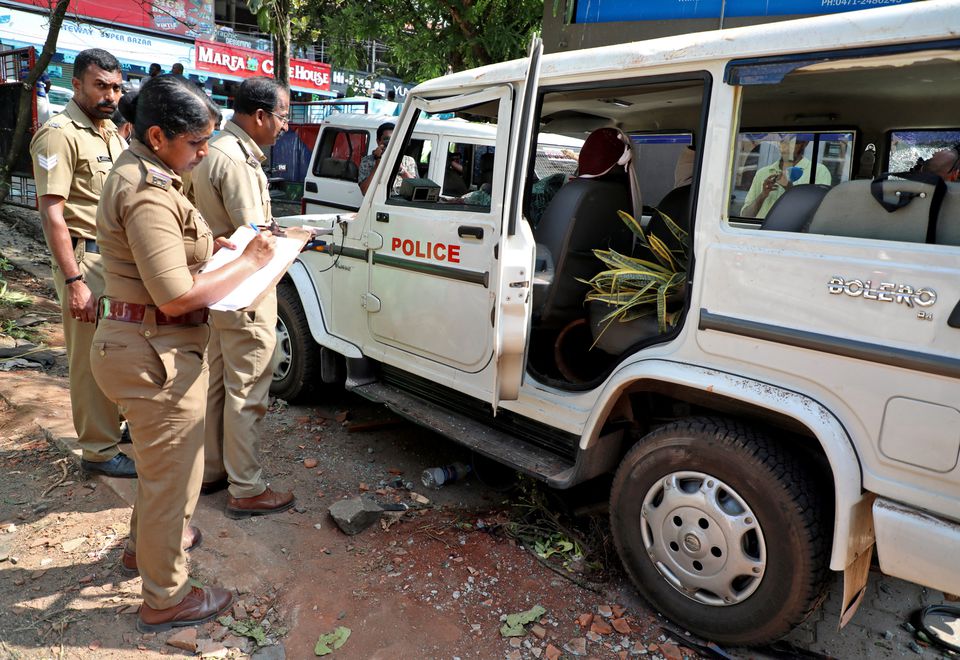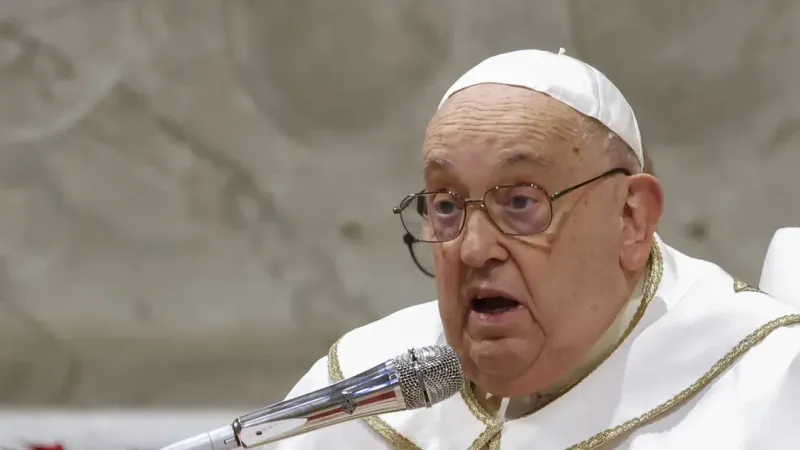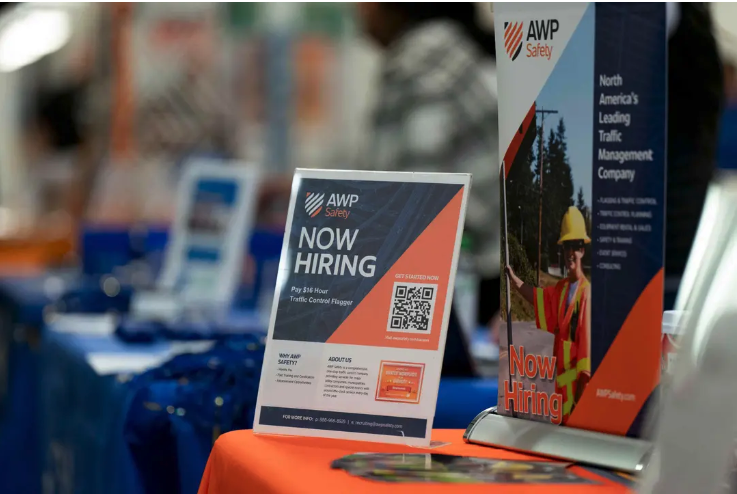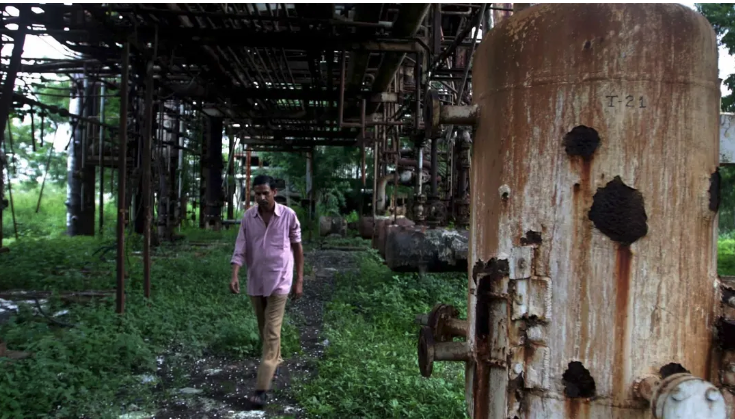India: More Than 80 Hurt as Adani Port Protesters Clash With Police
On Sunday night, at least 36 police officers and 46 protestors were injured in the Indian state of Kerala after a months-long protest led by the Latin Catholic Archdiocese against the Vizhinjam port project turned violent.

Facts
- On Sunday night, at least 36 police officers and 46 protestors were injured in the Indian state of Kerala after a months-long protest led by the Latin Catholic Archdiocese against the Vizhinjam port project turned violent.
- On Monday, the Kerala Police processed more than 3K locals for attacking the police station and attacking on-duty officers.
- The project commenced construction on the Vizhinjam International Transhipment Deepwater Multipurpose Seaport in 2015. Protestors are seeking a halt to the project and an environmental study — concerns include ecological damage and impacts on the livelihoods of coastal communities.
- The Kerala High Court recently passed an order to allow the construction to resume after being suspended for four months.
- Clashes, led mostly by Christian protesters of the project broke out after the Adani Group — which claims the project was in full compliance with all laws — tried to move 25 trucks into the port on Saturday. The protestors had built a large shelter blocking the entrance.
- The protestors are particularly concerned about the livelihoods of fishermen and the coastal ecology of the Western Ghats region because of granite mining operations.
Sources: Reuters, Times of India, Indian Express, Scroll, Livemint, and Newsbud.
Narratives
- Establishment-critical narrative, as provided by Devex. This nearly $1B project can deteriorate the coastline and destroy the region's fertile fishing ground. As a result, this project would financially paralyze locals who depend on fishing to survive. If the corporation is unwilling to consider environmental damages and make adjustments, a major ecological catastrophe can be delayed, if not avoided.
- Pro-establishment narrative, as provided by Telegraph India. If the project didn't benefit the locals or follow the legal procedures, it would have never received the support of the two ideologically different political parties or received the go-ahead from the High Court. The protesters may allege the political parties are "hand in glove" with the Adani Group, but why don't they knock on the doors of the Supreme Court to investigate? Proper vetting has occurred here.






